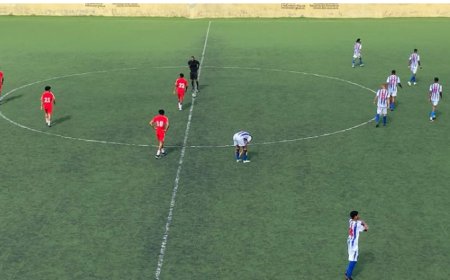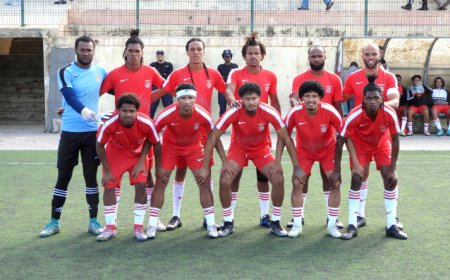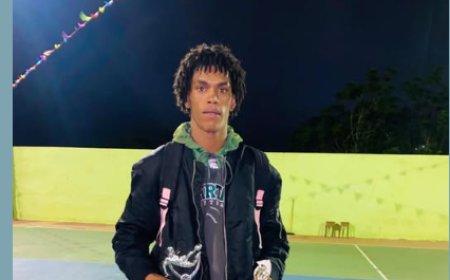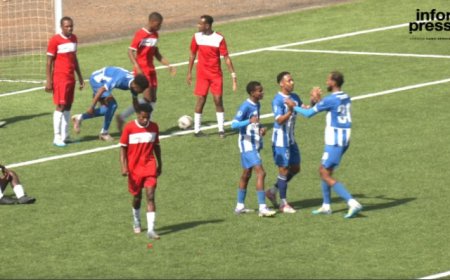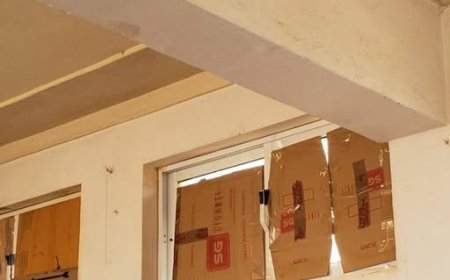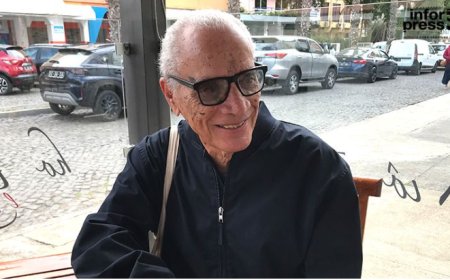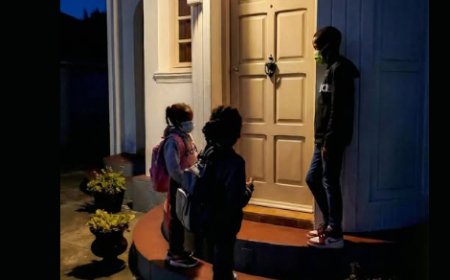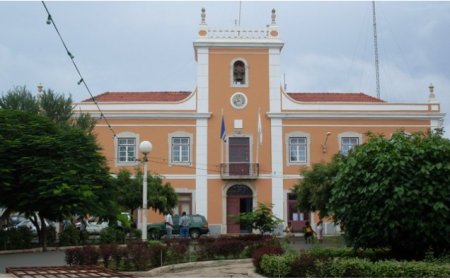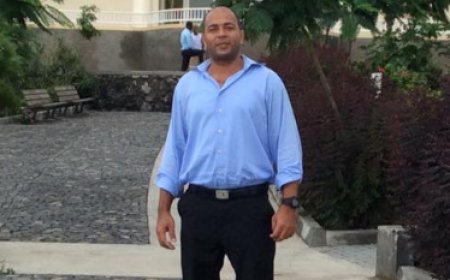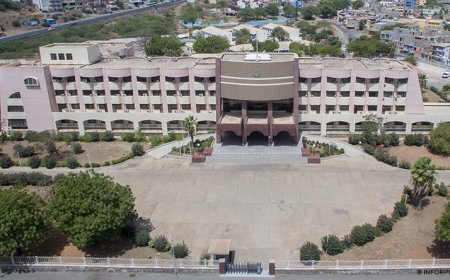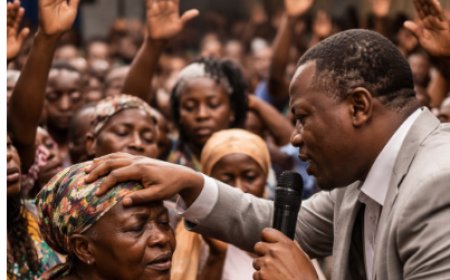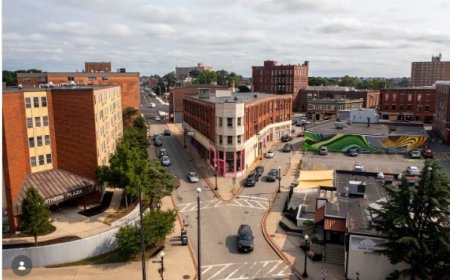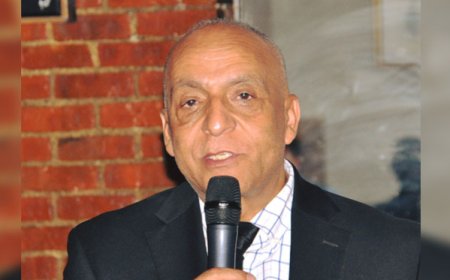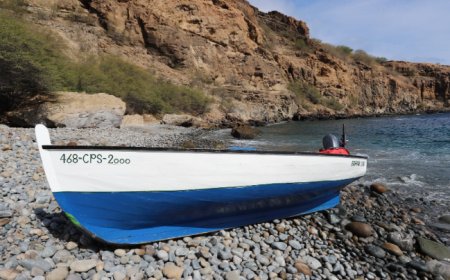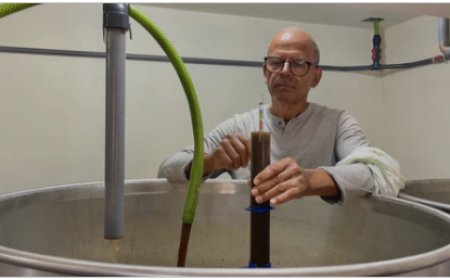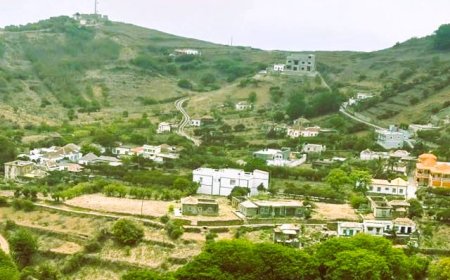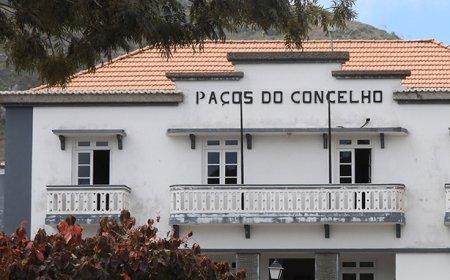Ilha Brava ready for parties but unwilling to demonstrate for basic rights
Nova Sintra City, July 25, 2025 (Bravanews) - Ilha Brava, the smallest of Cape Verde's inhabited islands, is known for its welcoming spirit, its lively traditional festivals and a rich culture that has stood the test of time. However, there is a stark contrast that is beginning to draw attention: the same people who mobilize enthusiastically for festivities such as Santo Antonio, Sao Joao, Sao Pedro, Santa Ana, seem apathetic when it comes to demanding their fundamental rights, such as the right to come and go.
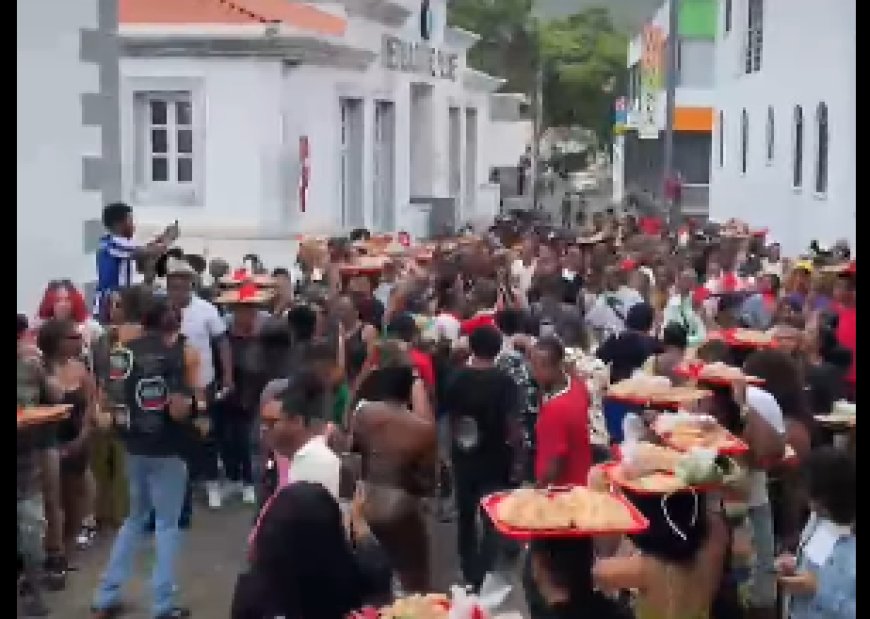
During the festivals of Santo Antônio, São João or the emblematic nights of morna and "vesperas", the people of Brava show an impressive capacity for organization. Young and old come together, many traveling from abroad, to keep the island's cultural identity alive. Music, dancing and joy take over the streets, creating a vibrant atmosphere of unity and pride.
This feeling of collectivity and belonging is powerful. It shows that Bravenses know how to come together - they know when they want to. And that's precisely why the lack of mobilization for social rights and improvements in living conditions sounds even more contradictory.
The Brava Island faces serious and chronic challenges: a lack of job opportunities, problems with access to quality healthcare, dilapidated infrastructure and the continuous emigration of young people in search of a better life. Basic services such as transportation, access to drinking water, stable electricity or efficient digital access are still limited in many areas of the island.
Despite these difficulties, you rarely see popular demonstrations demanding improvements. Complaints exist - in street conversations, on social networks and in whispers in cafés - but they rarely take shape as a collective movement.
The answer may lie in a mixture of historical, cultural and even emotional factors. Fear of retaliation, distrust in institutions, weariness with empty political promises, and a culture of resignation inherited by generations can all contribute to this social inertia. "It's always been like this" is a phrase we still hear all too often.
In addition, many see demonstrating as something "problematic", associated with disorder or even ingratitude. They prefer to avoid conflict, hoping that "those in power" will resolve it. But rights are not asked for in silence - they are won with pressure, unity and an active voice.
If the people of Brava can organize themselves to prepare festivals, set up stages, cook for hundreds, keep traditions alive - why not channel that same energy into fighting for better living conditions? It's not a question of abandoning culture, but of understanding that it can and should go hand in hand with citizenship.
Demonstrations don't have to be violent or partisan. They can be organized, peaceful, creative and consistent actions, with the aim of pressing for concrete answers. Change begins when we stop accepting the minimum as normal.
Ilha Brava is a land of proud, resilient and capable people. But it needs to wake up to a new form of unity - one that isn't limited to festive moments, but also rises up when it's time to demand dignity, development and social justice.
Because, in the end, celebrating culture is essential - but fighting for rights is what ensures that this culture can continue to flourish.





